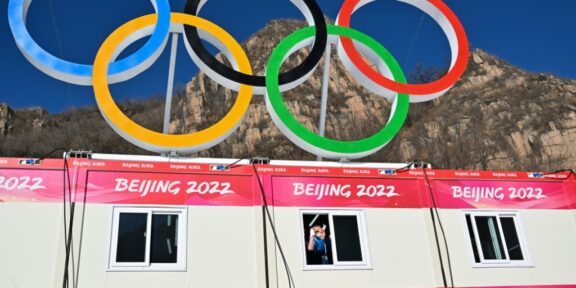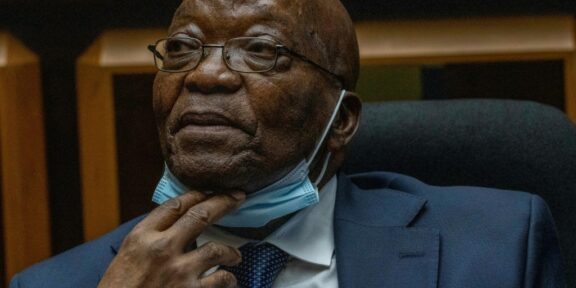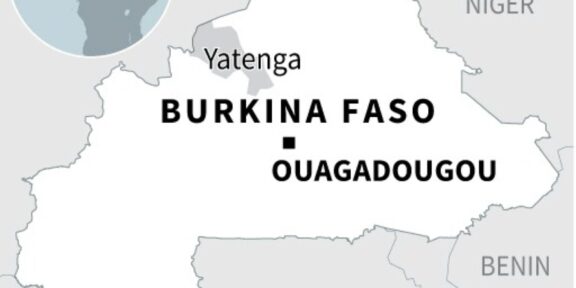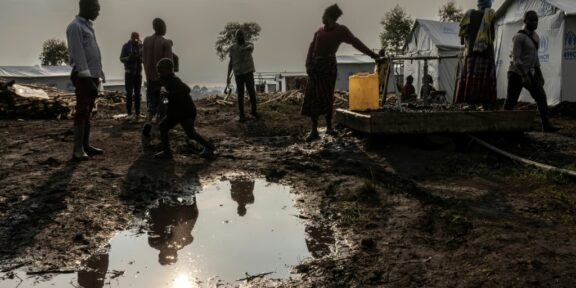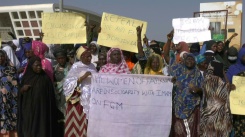Cambodia’s Prime Minister Hun Manet on Monday launched a controversial $1.7 billion canal project that aims to provide a new link from the Mekong River to the sea.
At a launch event in Prek Takeo, southeast of the capital Phnom Penh, Manet called the 180-kilometre (110-mile) project “historic”, as fireworks shot into the air and drums sounded.
“We must build this canal at all costs,” he said.
Once completed, the Funan Techo canal will run from a spot on the Mekong river, about an hour’s drive southeast of Phnom Penh, to the sea in the Gulf of Thailand.
But the project comes shrouded in uncertainty, including its main purpose — whether for shipping or irrigation — who will fund it, and how it will affect the flow of the Mekong — one of the world’s longest rivers.
Conservationists have long warned that the river, which supports up to a quarter of the world’s freshwater fish catch and half of Vietnam’s rice production, is at risk from infrastructure projects, pollution, sand mining, and climate change.
Cambodia, Laos, Vietnam, and Thailand are signatories to the 1995 Mekong River Agreement, which governs the distribution of the river’s resources.
Cambodia has notified the Mekong River Commission (MRC) of its plans for the canal, but Vietnam wants more information about the project.
– ‘Nose to breath through’ –
Phnom Penh argues the project affects only a Mekong tributary and therefore requires only the notification it has already submitted.
The canal, one of former prime minister Hun Sun’s signature infrastructure projects, is seen as a galvanising national undertaking to build support for his successor and son, Hun Manet.
Hun Sen, who ruled Cambodia for over three decades and who celebrated his birthday on Monday, has described the canal as giving the country a “nose to breathe through”.
The government says the project will offer an alternative for container ships that currently cross into Vietnam before heading to the sea, allowing Cambodia to keep transport revenue in-country.
It says it is planning riverside economic zones along the route that it says could create tens of thousands of jobs for the country, which is among the poorest in Southeast Asia.
Last year, the China Road and Bridge Corporation (CRBC), a Chinese construction giant that has financed other infrastructure in Cambodia, agreed to a feasibility study of the project.
Cambodian officials have suggested the Chinese state-owned company could finance part of the canal, but CRBC has not released its study or made any public commitment.
While Cambodia is a close ally of Beijing, Hun Sen has denied the canal will be part of China’s Belt and Road infrastructure plan.
Yeswecantv

